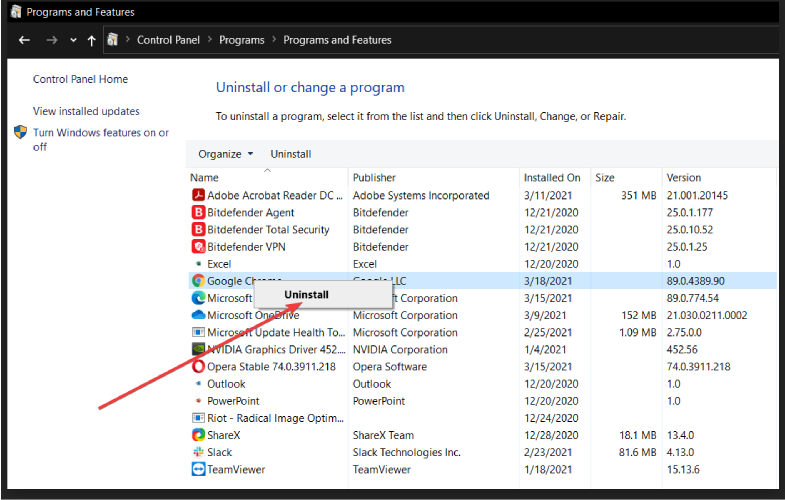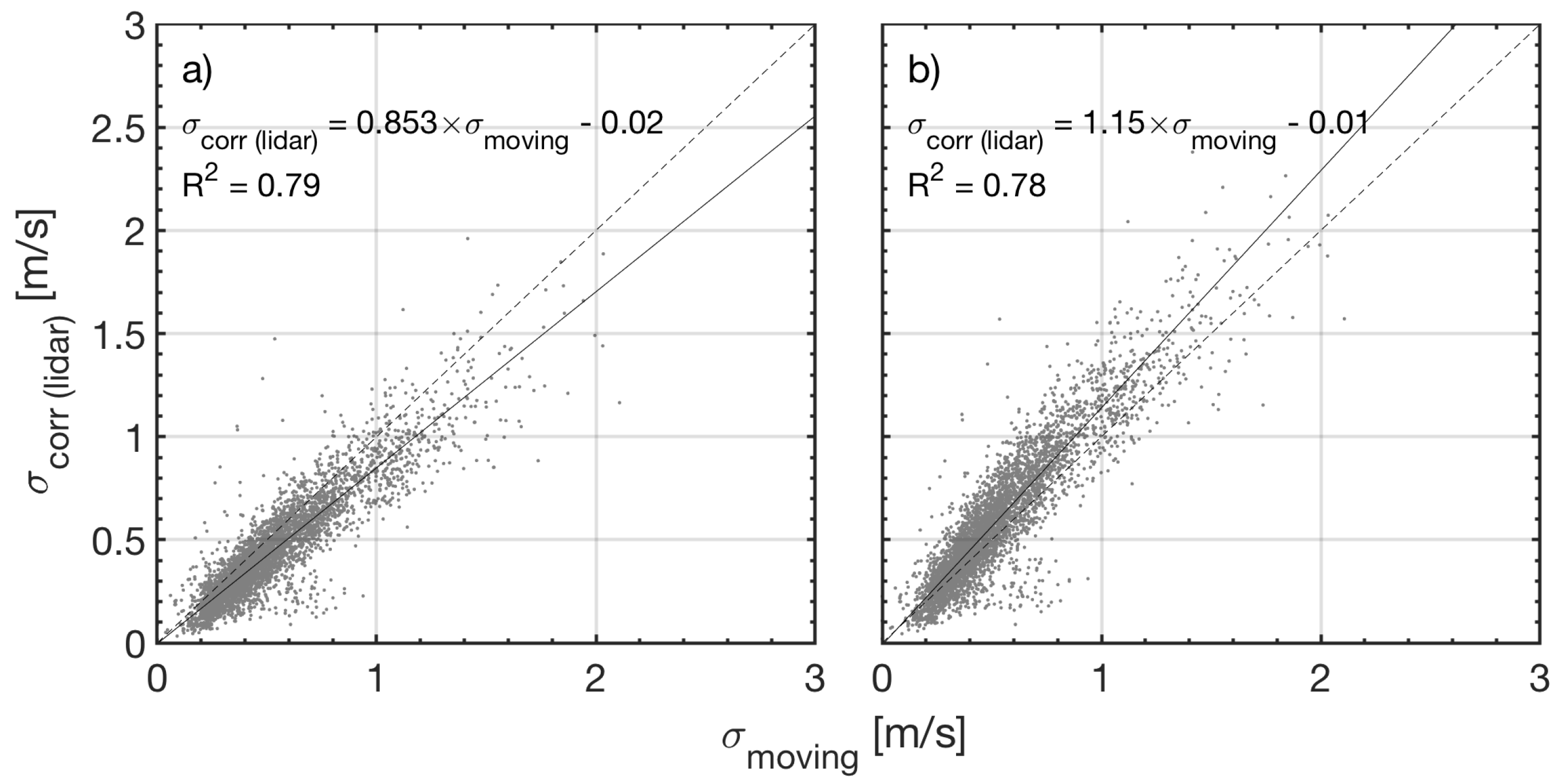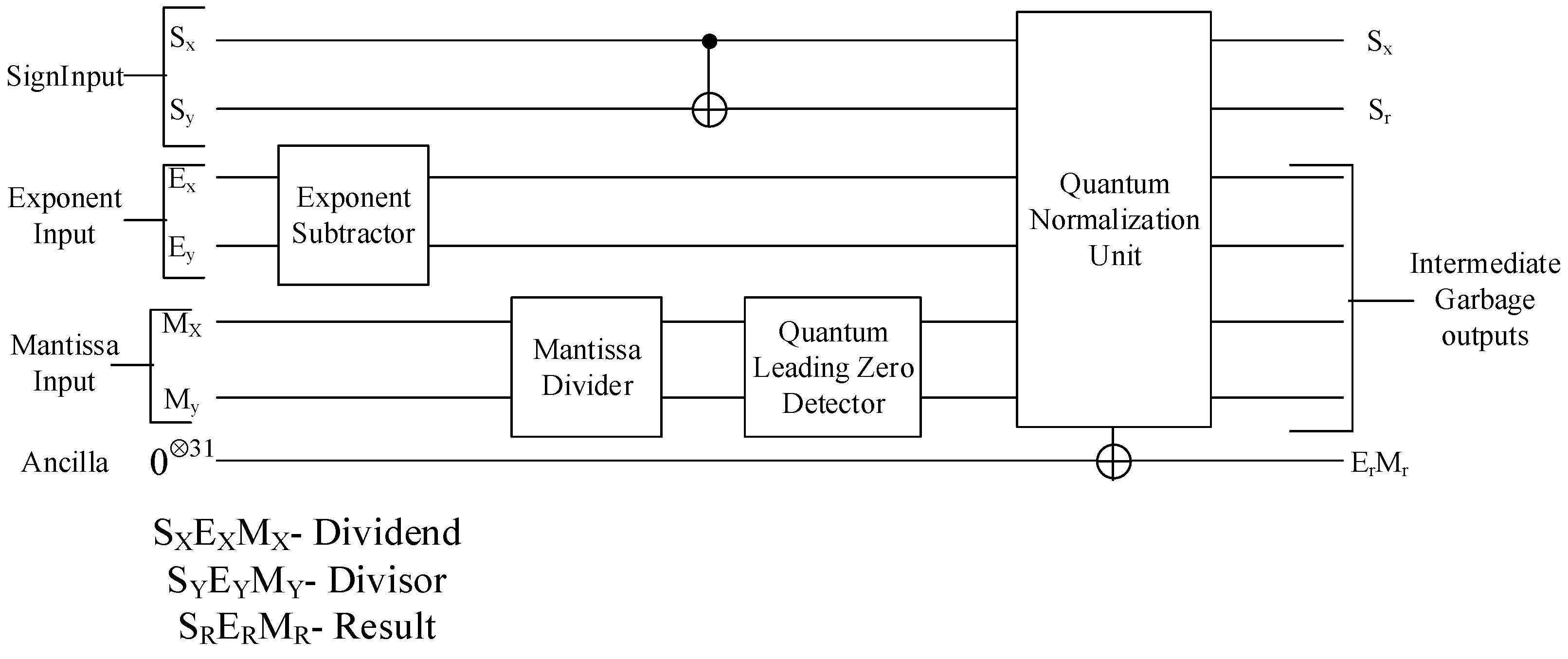
This issue is especially critical in multithreadedĪpplication, when one thread may not know whether there are scoped attributes There are logger-specific scoped attributes registered in it. One should not clear or reinstall the attribute set of the logger if Not altered in the attribute set in which it was registered. When using scoped attributes, make sure that the scoped attribute is BOOST_LOG_SCOPED_THREAD_TAG ( "Tag", std :: string, "Called from A::bar" ) Note there is no "attrs::constant" type wrapping // and no additional parenthesis around the tag value.

For example, the "Tag" scoped attribute from theĮxample above can be registered like this: The macros are effectively wrappers around BOOST_LOG_SCOPED_LOGGER_ATTR_CTOR Two convenience macros just for this purpose:īOOST_LOG_SCOPED_LOGGER_TAG ( logger, tag_name, tag_type, tag_value ) BOOST_LOG_SCOPED_THREAD_TAG ( tag_name, tag_type, tag_value ) Value in order to be able to filter the records later. It is quite often convenient to mark a group of log records with a constant If an attribute with the same name is already registered in the logger/loggingĬore, the macros won't override the existing attribute and will eventuallyįor a more detailed explanation of the reasons for such behavior.īOOST_LOG_DECLARE_GLOBAL_LOGGER ( my_logger, src :: logger_mt ) void foo () The latter pair of macros do exactly the same but the attribute is registeredįor the current thread in the logging core (which does not require a logger). Sequence of arguments that should be passed to the attribute constructor. The BOOST_LOG_SCOPED_LOGGER_ATTR_CTOR additionally accepts a Boost.Preprocessor The former two register a source-specific attribute in the logger logger object. The mechanism includes the following four macros:īOOST_LOG_SCOPED_LOGGER_ATTR ( logger, attr_name, attr_type ) BOOST_LOG_SCOPED_LOGGER_ATTR_CTOR ( logger, attr_name, attr_type, attr_ctor_args ) BOOST_LOG_SCOPED_THREAD_ATTR ( attr_name, attr_type ) BOOST_LOG_SCOPED_THREAD_ATTR_CTOR ( attr_name, attr_type, attr_ctor_args ) As the naming implies, scoped attributesĪre registered in the beginning of a scope and unregistered on the end Scoped attributes are a powerful mechanism of tagging log records thatĬan be used for different purposes. Type information as a regular object and not to resort to pointers which The ability to default-construct and assign allows using For example, the ability to copy and order with regular operators Given the distinctions above, using type information objects becomes muchĮasier. The function does its best to print the type name inĪ human-readable form. Supports printable representation of typeįunction. The semantics of ordering is similar to the std :: type_info :: before Yes, partial ordering with the complete set of comparison operators. Info wrappers and can be ordered with them. In empty state the type info wrapper is never equal to other The default-constructed wrapper is in an empty state.

Literals, as long as only string literals involved. However, it is possible to assign to or clear string String literals support interface similar to STL strings, except for string
#FLOATING POINT ERROR WITH REMOTE UTILITIES CODE#
Literal construction in generic code there is also a str_literalįunction template that accepts a string literal and returns a basic_string_literal instance for the Narrow and wide character types, respectively.

There are also two convenience typedefs provided: string_literal The functionality is implemented in the basic_string_literalĬlass template, which is parametrized with the character and character Safety when using string literals instead of regular strings. What is also important, since string literalsĭo not dynamically allocate memory, it is easier to maintain exception String literals can improve performance significantly if there is no need It is header-only and does not require linking with the library binary. This component can be successfully used outside of the library in users'Ĭode. String literals are used in several places throughout the library.


 0 kommentar(er)
0 kommentar(er)
